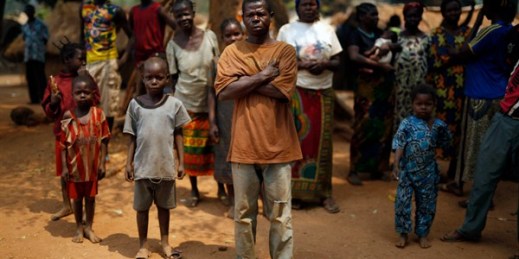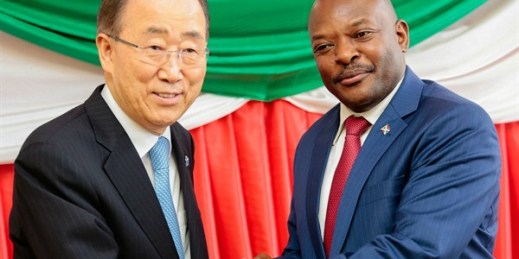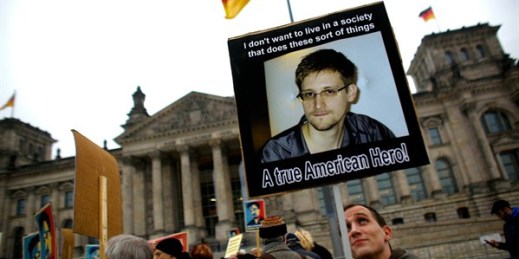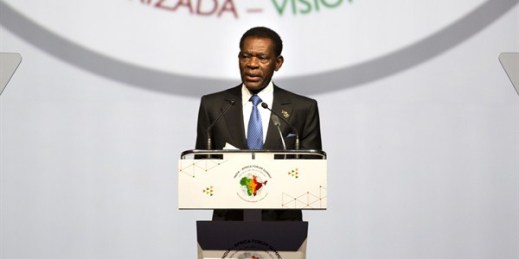
Faustin Touadera, the newly elected president of the Central African Republic, has a big job on his hands. Elected comfortably last weekend with almost 63 percent of the vote against his rival Anicet-Georges Dologuele’s 37 percent, the former math teacher, who served as prime minister in the years preceding CAR’s 2013 descent into violence, has been given a strong mandate to tackle the country’s immense problems. But even that may not be enough, given the scale of CAR’s recent history of conflict and ongoing mistrust between religious communities. Touadera’s victory in the second round of presidential election is expected to […]



